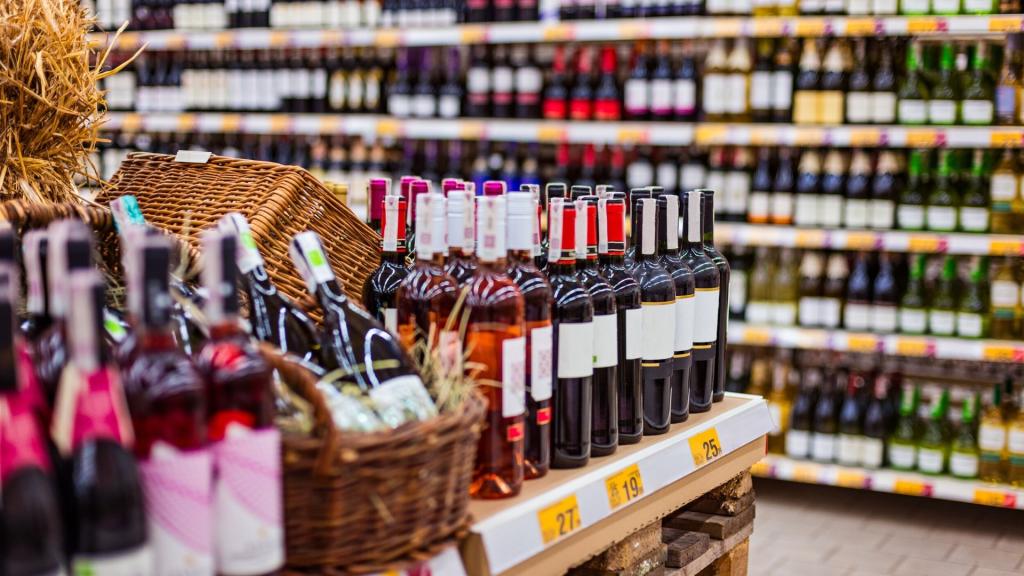
Alcohol and cancer
You can reduce your chance of getting cancer if you avoid alcohol or only drink a little. Even a small amount of alcohol can increase your risk of cancer.
Alcohol is a known cause of cancers of the mouth, throat (pharynx), voice box (larynx), oesophagus (foodpipe), breast, liver and bowel.
On this page:
Alcohol is a known cause of seven types of cancer.
You can reduce your chance of getting cancer if you avoid alcohol or only drink a little. Even a small amount of alcohol can increase your risk of cancer. It’s not just people who have a ‘drinking problem’ who are affected.
The more you drink, the higher your risk.
Alcohol is a known cause of cancers of the mouth, throat (pharynx), voice box (larynx), oesophagus (foodpipe), breast, liver, bowel. Some research suggests there may also be a link between heavy drinking and risk of pancreatic cancer.
- Find out more about how alcohol increases your risk of these cancers.
How does alcohol cause cancer?
It is thought that alcohol causes different types of cancer in different ways:
- Our bodies break down alcohol into acetaldehyde, which is a toxic chemical. Acetaldehyde can damage DNA (the genetic material that makes up genes) and stop our cells from repairing the damage.
- The breakdown of alcohol in our bodies can also generate harmful molecules called reactive oxygen species. These molecules can damage DNA and proteins.
- Alcohol weakens the body’s ability to break down and absorb a variety of nutrients that may protect you against cancer. These include vitamin A, folate, vitamin C, vitamin D and vitamin E.
- Alcohol increases levels of the hormone oestrogen. Higher levels of oestrogen increase the risk of breast cancer.
- Alcohol is high in calories and can cause weight gain. Being overweight or obese is known to increase the risk of many types of cancer.
Alcohol and smoking
If you drink and smoke, your risk of cancer is even higher.
Alcohol makes it easier for other harmful chemicals, such as those found in tobacco smoke, to enter the cells lining the mouth, throat, larynx (voicebox) and oesophagus (foodpipe). This is why the combination of smoking and drinking is much more likely to cause cancers in the mouth, throat, larynx and oesophagus than either smoking or drinking alone.
People who drink and smoke multiply the damage they receive and have a much greater risk of cancer.
Is there a safe amount to drink?
There is no 'safe' level of alcohol drinking, but the risk of cancer is lower the less alcohol you drink.
You can limit your risk by drinking no more than one standard drink a day if you are a woman and two standard drinks per day if you are a man.
- A standard drink is:
- ½ pint of beer, lager, cider or stout.
- 1 measure of spirits .
- A small glass of wine.
It is also important to give your body a break and have at least 2 alcohol-free days every week.
Does the type of drink matter?
All types of alcohol increase the risk of cancer, including red wine. It is the alcohol itself that does the damage. It does not matter if it is in the form of beer, wine or spirits.
Why should women drink less alcohol than men?
Since the mid-1990s, Irish teenage girls have been drinking as much and sometimes more than their male friends. And six out of 10 Irish women are now regularly drinking too much. This culture is very harmful to a woman’s health.
Women have lower body weights, less body water and more body fat than men, so it takes less alcohol for women to feel the effects and alcohol stays in a woman’s body for longer.
The benefits of cutting down
As well as reducing your risk of cancer, there are many other benefits to cutting down.
You will:
- Be better able to manage your weight.
- Have healthier skin – alcohol dehydrates the skin.
- Sleep better.
- Have more energy.
- Have more money.
- Have improved mental health.
- Have a lower risk of stroke and heart disease.
Track your drinking
Keeping an eye on your drinking is important if you want to reduce the risk to your health. Knowing how much you drink will allow you to see if you are within the recommended weekly limit.
Keep track of how much you drink over the course of a week. Do what works for you, such as keeping a card in your wallet, or marking a kitchen calendar. There are plenty of alcohol tracker apps available.
The website https://www2.hse.ie/wellbeing/alcohol/drinks-calculator/ also has a drinks calculator to help you find out if you should cut down on or seek help for your drinking. (Note: The Irish Cancer Society is not responsible for the contents of external websites.)
Further supports
The HSE Drugs & Alcohol Helpline provides support, information, guidance and referral to anyone with a question or concern related to drug and alcohol use. Freephone 1800 459 459 Email helpline@hse.ie
Further support services in your area: https://www2.hse.ie/services/alcohol-support-and-services/
For more information
Phone
1800 200 700



